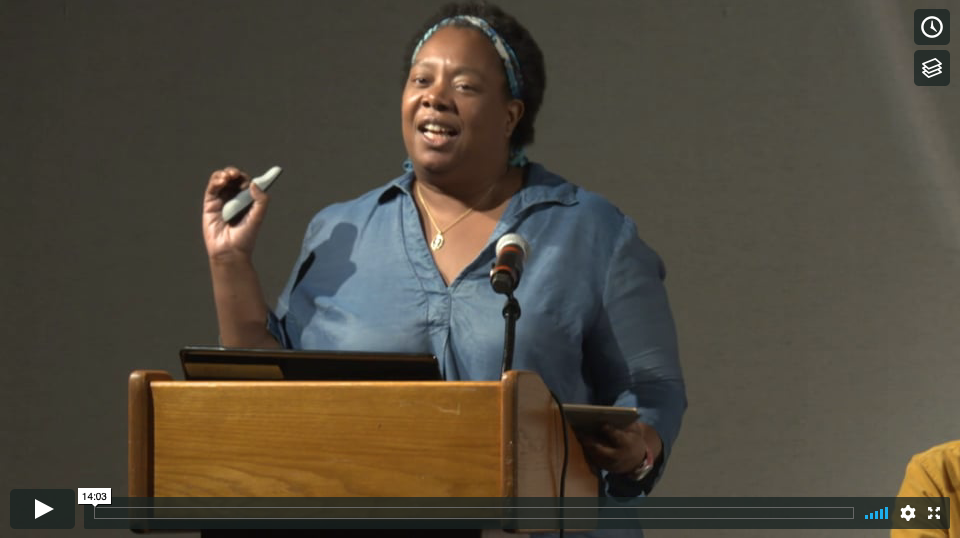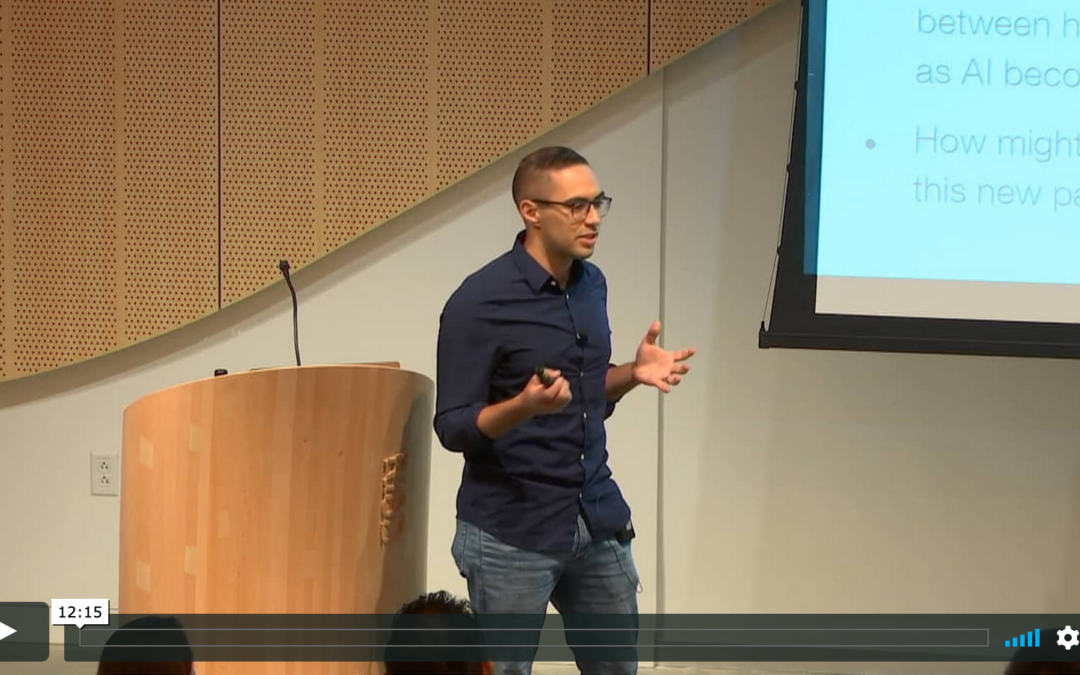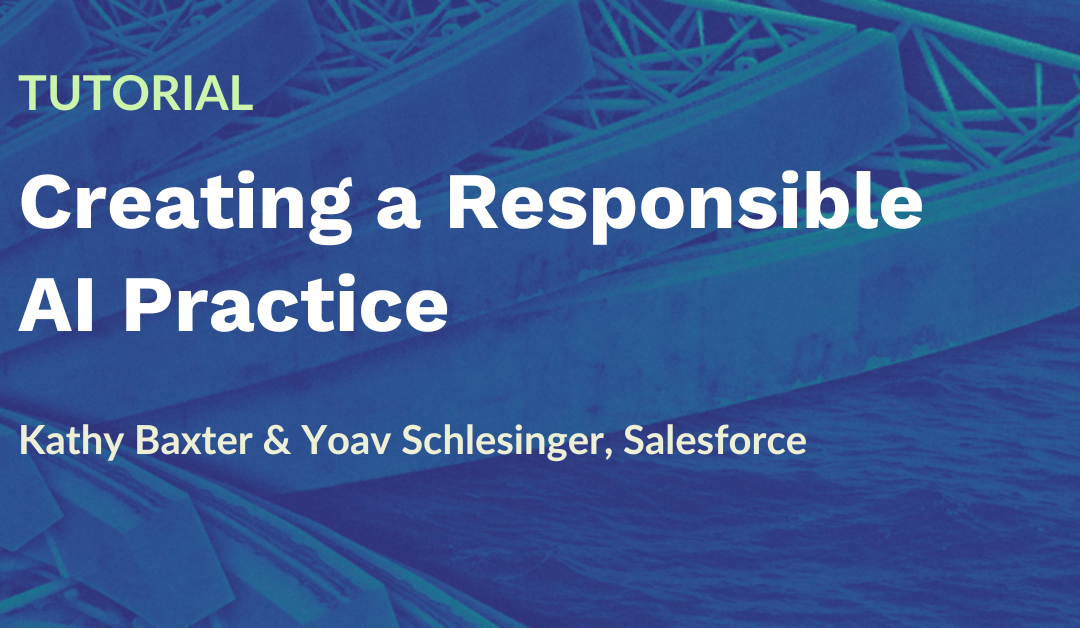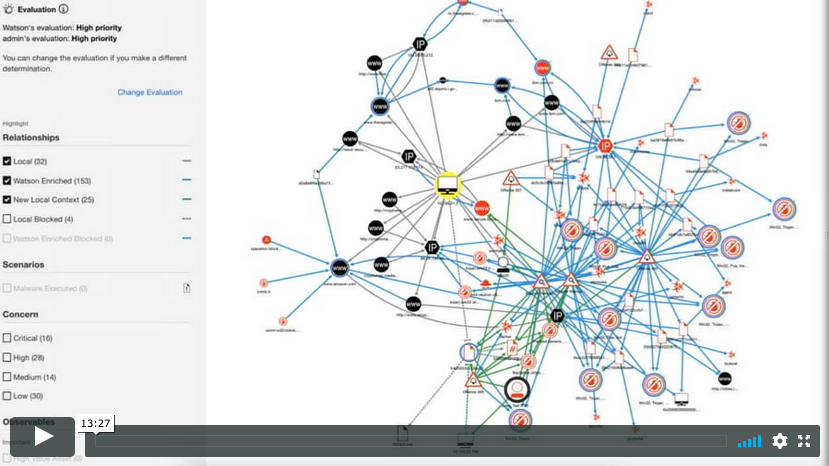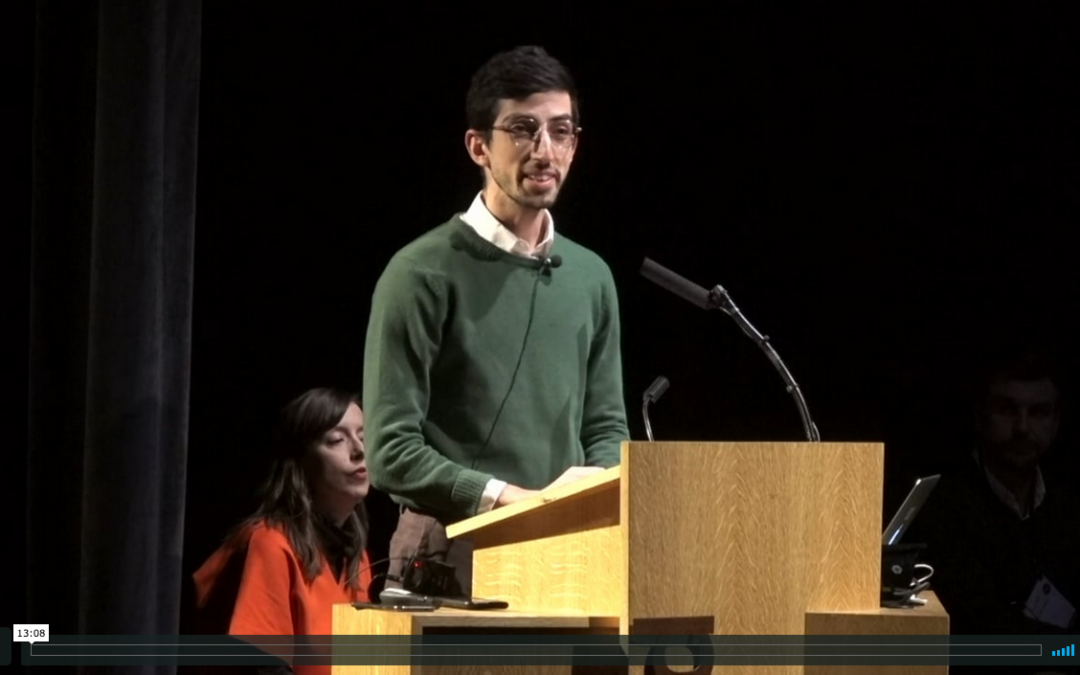Case Study—This case study provides an inside look at what occurs when methods from the data science and ethnographic fields are mixed to solve perennial customer service problems within the call center and cruise industries. The paper details this particular blend of ethnographic practitioners...
